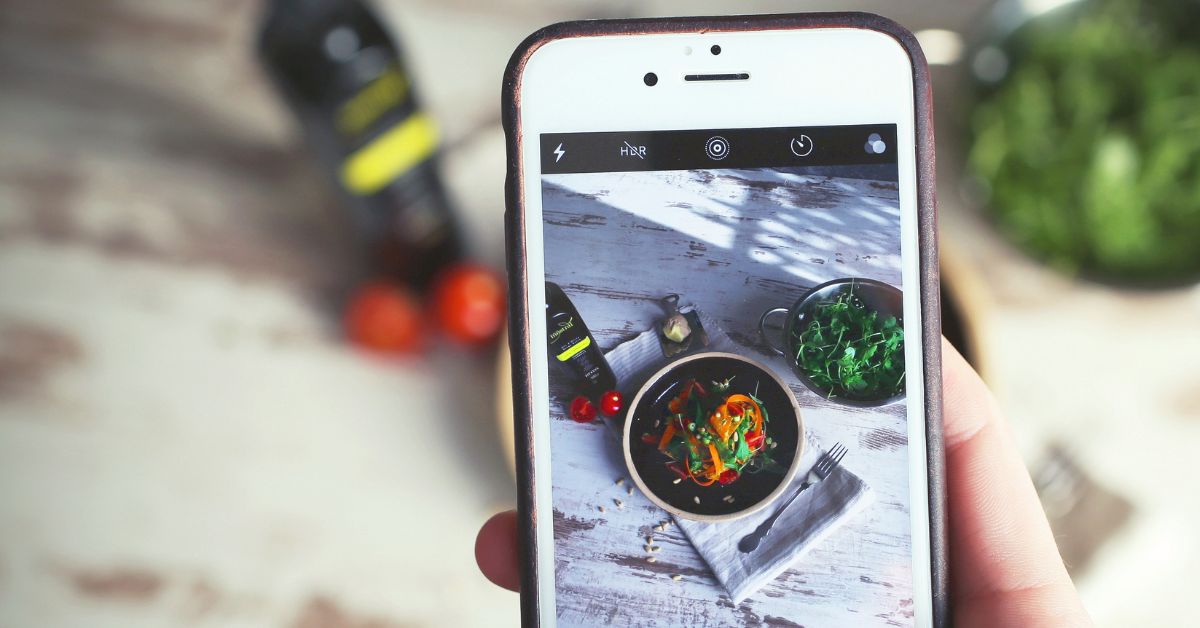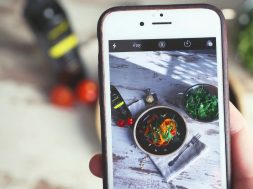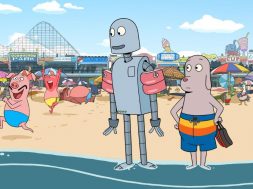
By: Michael McQueen
If there are two trends that consumers have come to prioritise in recent years they are personalisation and health.
Among other things, the pandemic alerted us to the very real fragility of our bodies and boosted an already rising trend of health-consciousness. Meanwhile, as automation, AI and the accessibility of data points have surged in recent years, so has the capacity for businesses to personalise their products.
These trends of personalisation have become especially personal, particularly as they have worked their way onto the health and nutrition front. While we have traditionally seen nutrition advice speak to the public en masse, this trend of customisation is set to change that entirely. Beyond that, the conflicting advice of various diets, and the constant struggle for people to maintain them, highlights a very clear need in the market for problem-solving.
Tim Spector, professor of genetic epidemiology at King’s College London suggests it’s high time we approached nutrition in a more targeted way. “Low-calorie, low-fat and eat-this-not-that approaches aren’t working,” he says. “When it comes to nutrition, we’ve had a lot of amazing advice that’s gotten us nowhere.”
Spector continues, pointing out that “there are 26,000 chemicals found in foods. They combine with more than 1,000 different species of microbes in the gut, then mix in your blood with your body’s own chemistry to influence your 20,000 genes and other pathways.” He suggests that all this means that “a slight change and the whole system can move out of kilter, which can cause long-term problems.”[1]
There are a number of companies already experimenting with personalised diets based on gut microbiome tests, gene-sequencing and even stool samples. Some noteworthy players include Viome, Biomes and Zoe. Viome’s at home test kits examine a customer’s gut and immune health and have been able to offer their 250,000 users personalised nutrition advice.
British startup Zoe will soon offer users a testing kit to be used at home, and then utilises a combination of AI and microbiome sequencing to analyse gut health, blood fat and blood sugar. Users are then provided with an individual report and offered a highly personalised set of dietary suggestions that respond to the specific needs of their gut and metabolism. With an app that works in tandem with the physical testing, the whole program is set to be user-friendly and easy to implement for the everyday individual.[2]
In the case of Biomes, the approach to personalisation centres on extracting DNA fragments from a customer’s stool sample in order to create a “personal intestinal flora profile.” This lets customers know which microorganisms are out of balance and what to do about it.[3]
In a fascinating example of how stool sampling could become a mainstream part of everyday life, consider a technology launched at the 2021 international Consumer Electronics Show called Toto. This ‘smart toilet’ analyses a user’s fecal matter and then recommends foods and nutrients that may be lacking.[4] Industry commentators point to the strong likelihood that our grocery shopping lists will be informed by data from smart toilets like Toto in the not-so-distant future.[5]
It’s worth pointing out that Toto are only one of a number of tech companies looking to make our toilets smarter than we’d ever imagine. A company named Casana have released a smart toilet seat that monitors a user’s blood pressure, heart rate, and oxygen levels while Medic.Life’s intelligent commode gathers 20 health metrics including sugar and sodium levels from a stool sample.[6]
The intersection of personalisation trends and nutrition doesn’t end there. Recognising the crucial role of diet in managing chronic health conditions, US company Free From Market has set up an online store of health products in order to make them more accessible for low-income consumers. Coaching and educational resources are also available to provide information and advice on health and nutrition. For some of the most disadvantaged individuals in society, this kind of innovation represents a breakthrough toward a more accessible and egalitarian future for health.[7]
Beyond nutrition, personalisation is also hitting the rapidly growing home gym market. With AI and automation making the monitoring of health metrics and the Quantified Self Movement highly viable, this area is ripe for innovation. One example of technology enabling ther personalisation of exercise is Tonal, a home gym system that uses the data of its users physiological condition to alter the difficulty of its workouts.[8] It promotes itself as an ‘intelligent home gym and personal trainer’, and thanks to these technologies, this is a marketing promise it can keep as its utilisation of data enables the personalisation of the user’s physical experience.
Health, exercise and nutrition have become an obsession for many in recent years. However, the availability of health metrics and mass data and the integration of AI mean these can be monitored and responded to at a level that has not been viable before. Given that personalisation in today’s market is a need and not a want, what better place to integrate it than in the area that is more personal than any other.
[1] Morris, B. 2021, ‘Diets Engineered to Work With Your Microbiome Are Latest Startup Craze,’ The Wall Street Journal, 28 June.
[2] Alam, A, ‘An at-home kit for personalised food recommendations’, Springwise, 19 March.
[3] Morris, B. 2021, ‘Diets Engineered to Work With Your Microbiome Are Latest Startup Craze,’ The Wall Street Journal, 28 June.
[4] Kan, M. 2021, ‘Toto’s Wellness Toilet Will Analyze Your Poop’, PC Mag, 12 January.
[5] Kronsberg, M. 2022, ‘The bathroom of the future is here,’ The Wall Street Journal, 21 January.
[6] Phan, T. 2021, ‘Smart toilets, explained,’ The Hustle, 9 September.
[7] Bradley, J 2023, ‘A platform for personalised health food shopping’, Springwise, 7 February.
[8] Mattin, D 2020, ‘New World Same Humans #45’, New World Same Humans, 30 November.
Article supplied with thanks to Michael McQueen.
About the Author: Michael is a trends forecaster, business strategist and award-winning conference speaker.
Feature image: Photo by Igor Miske on Unsplash









